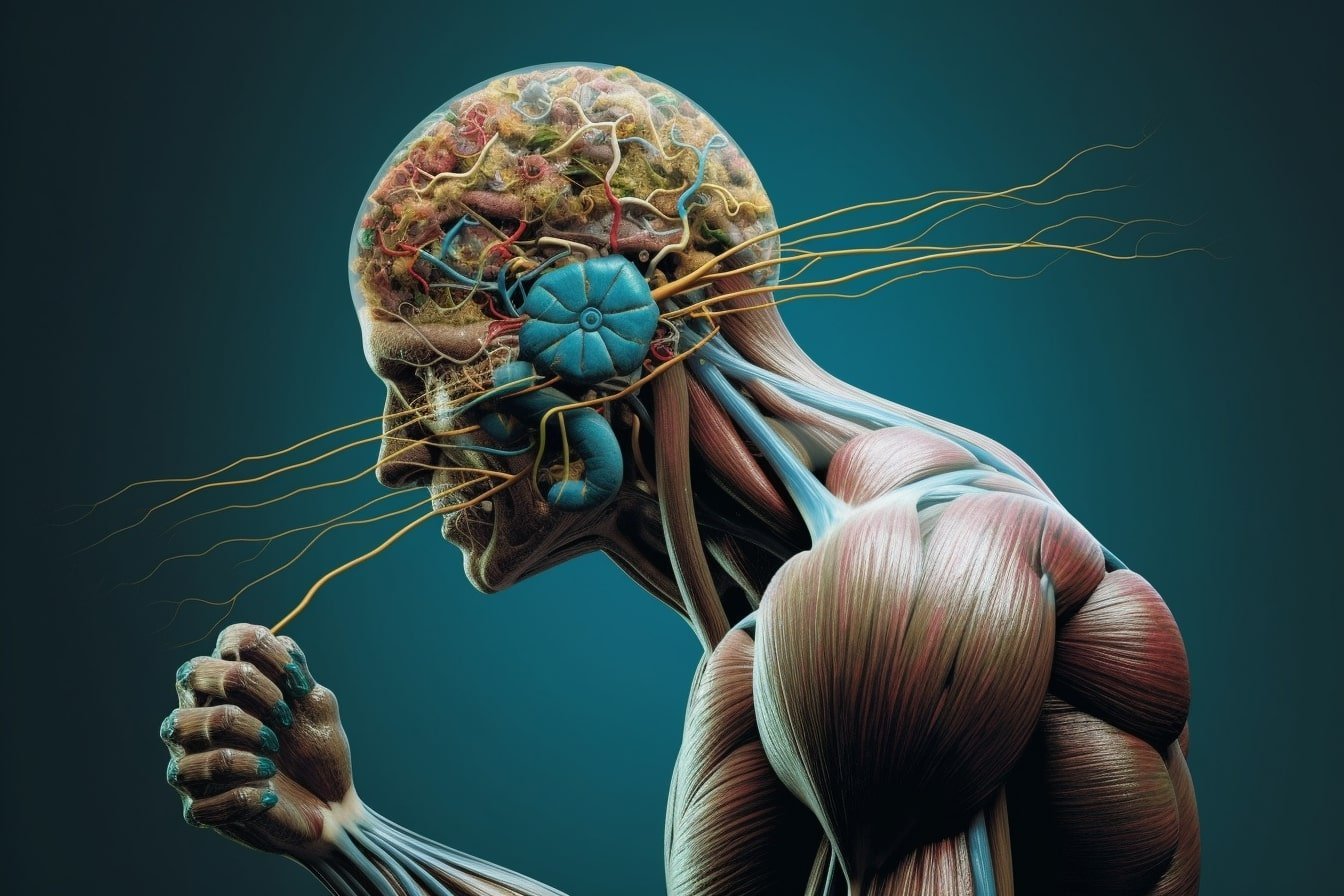Physical Activity Impact Cognitive Function and Brain Health

Physical activity has a profound impact on cognitive function and brain health, leading to improvements in various cognitive processes, brain structure, and overall mental well-being. Here are some ways in which physical activity influences cognitive function and brain health:
Increased Blood Flow and Oxygenation: Exercise increases blood flow to the brain, delivering oxygen and nutrients essential for optimal brain function. Improved blood flow enhances neuronal activity, synaptic plasticity, and neurogenesis (the formation of new neurons), leading to enhanced cognitive performance.
Neurotrophic Factors Release: Physical activity stimulates the release of neurotrophic factors, such as brain-derived neurotrophic factor (BDNF) and insulin-like growth factor 1 (IGF-1), which promote the growth, survival, and connectivity of neurons. These neurotrophic factors play a crucial role in synaptic plasticity, learning, and memory.
Neurotransmitter Regulation: Exercise modulates neurotransmitter levels in the brain, including dopamine, serotonin, and norepinephrine, which are involved in mood regulation, attention, and cognitive function. Regular physical activity enhances neurotransmitter balance, leading to improved mood, focus, and cognitive performance.
Neurogenesis and Synaptic Plasticity: Physical activity stimulates the production of new neurons in the hippocampus, a brain region critical for learning and memory. Exercise also enhances synaptic plasticity, the ability of neurons to form new connections and adapt to changing environmental demands, leading to improved cognitive flexibility and memory consolidation.
Brain Structure Changes: Exercise promotes structural changes in the brain, including increased gray matter volume, cortical thickness, and connectivity between brain regions. These structural changes are associated with improved cognitive function, executive control, and information processing speed.
Enhanced Executive Function: Regular physical activity improves executive function, a set of cognitive processes responsible for goal-directed behavior, inhibition, working memory, and cognitive flexibility. Exercise enhances executive control, decision-making, and impulse control, leading to improved academic performance and daily functioning.
Reduced Risk of Cognitive Decline: Physical activity reduces the risk of age-related cognitive decline, dementia, and Alzheimer's disease. Regular exercise protects against neurodegeneration, beta-amyloid accumulation, and tau pathology, preserving cognitive function and promoting brain health throughout the lifespan.
Improved Mood and Mental Well-being: Exercise has mood-enhancing effects and reduces symptoms of depression, anxiety, and stress. Physical activity stimulates the release of endorphins, neurotransmitters that promote feelings of happiness and relaxation, leading to improved mental well-being and cognitive resilience.
Better Sleep Quality: Regular physical activity improves sleep quality and duration, which is essential for cognitive function and brain health. Exercise regulates the sleep-wake cycle, promotes relaxation, and reduces insomnia symptoms, leading to more restful sleep and improved cognitive performance.
Enhanced Brain Resilience: Physical activity enhances brain resilience to stress, injury, and neurodegenerative diseases by promoting neuroplasticity, neuroprotection, and neurorepair mechanisms. Exercise fosters brain resilience, buffering against the negative effects of aging, environmental stressors, and neurological insults.
Overall, physical activity is a powerful modulator of cognitive function and brain health, exerting beneficial effects on brain structure, function, and resilience. Incorporating regular exercise into your routine is essential for maintaining cognitive vitality, promoting lifelong learning, and preserving brain health across the lifespan.
Thank you,